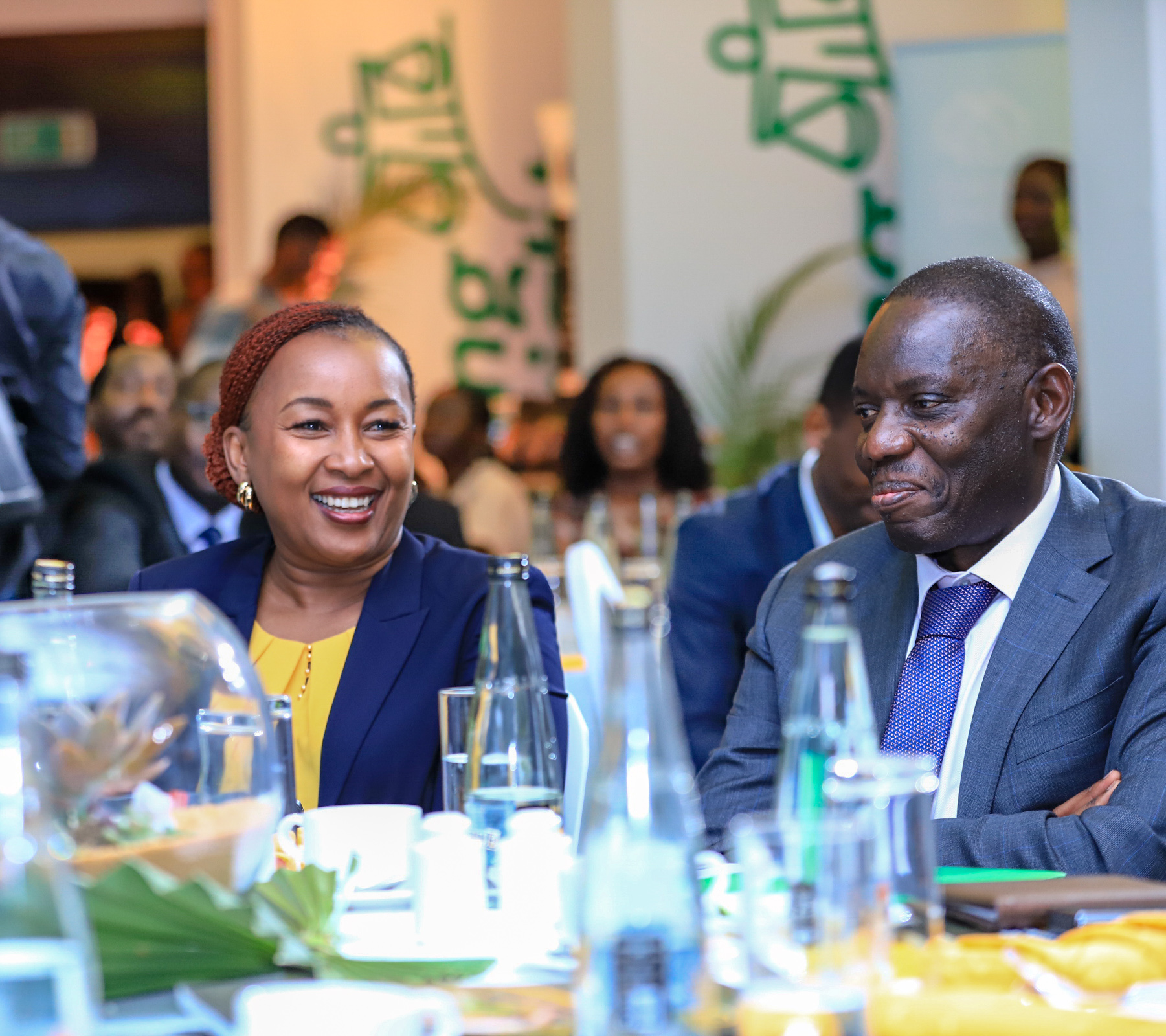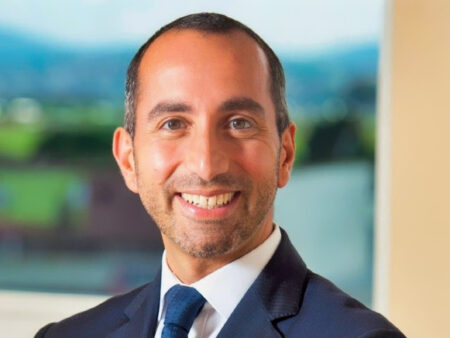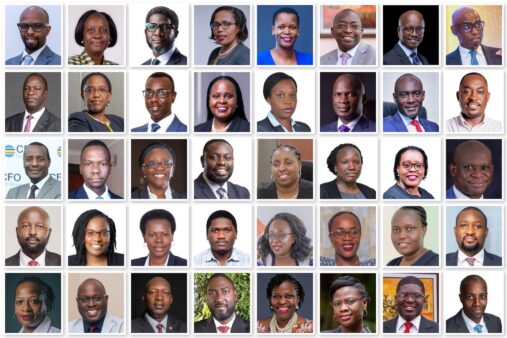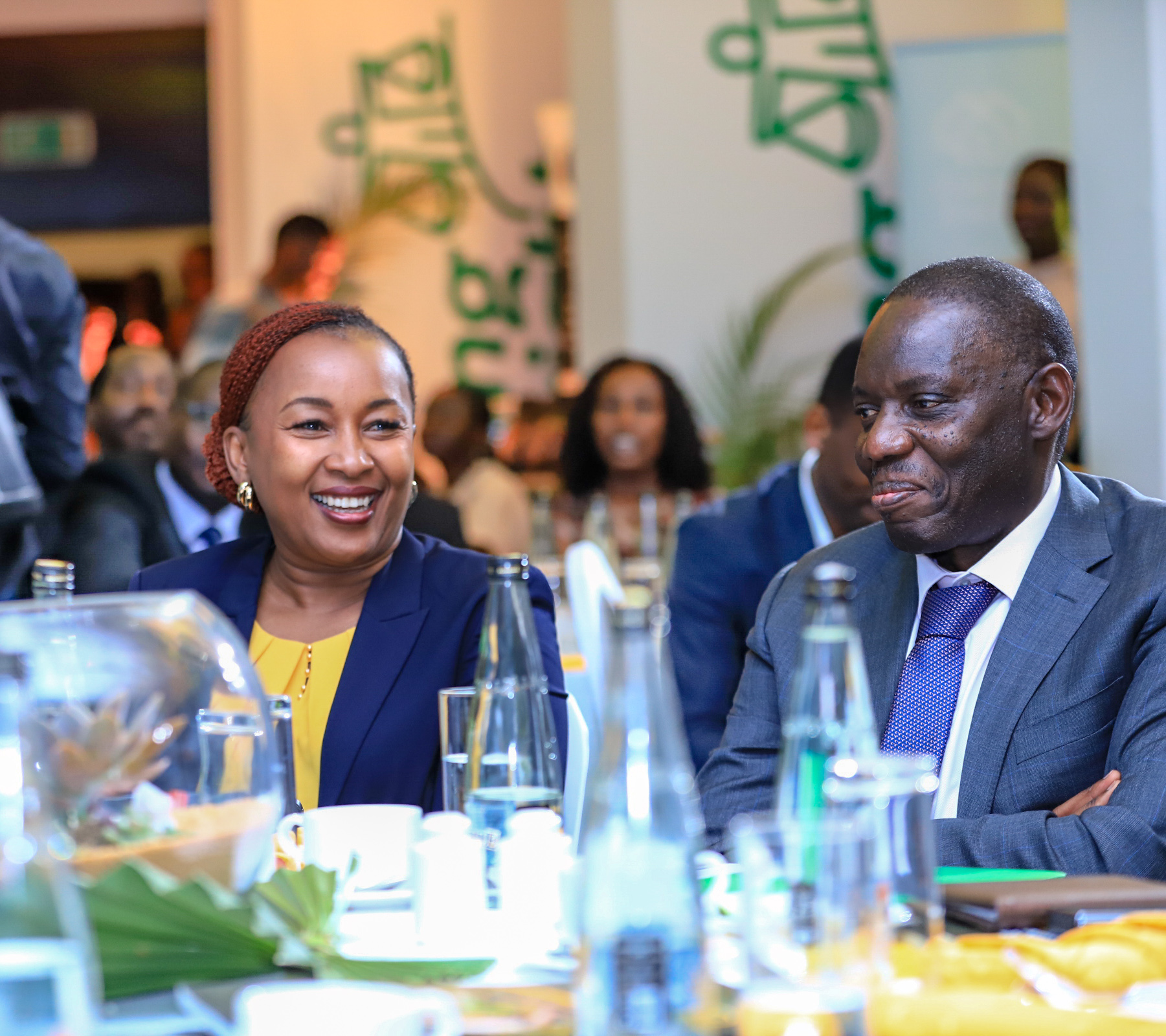
When Sylvia Mulinge stepped up to launch MTN Uganda’s latest sustainability report, her message was simple: profit alone is not enough.
“A strong company must invest in the wellbeing of its community, and we do not do it as charity. We do it from a strategic perspective,” the chief executive told an audience of regulators, investors, business leaders and MTN staff in attendance.
Mulinge described the report as a window into the future. Unlike the financial report, which looks back at numbers, this one captures environmental, social and governance performance.
It also maps out risks and opportunities. For her, MTN’s long-term survival is tied to the prosperity of the people it serves.
She pointed to MTN’s Foundation, financial inclusion programs, and the Advancing Women Entrepreneurs scheme as proof of action. “If our communities are not growing, then we do not deserve the benefits of a modern financial life,” she said.
Board chairman Charles Mbire picked up the baton. To him, sustainability is not an item for the boardroom agenda. It is the agenda.
Mbire unveiled what he called MTN’s “Sustainability Universe,” a framework with four pillars: Doing for the Planet, Doing for People, Doing it Right, and Doing for Growth.
Each one is meant to anchor the business in social responsibility. He highlighted Project Zero, which is rolling out renewable energy to hundreds of base stations, and the MTN Foundation, which channels one percent of annual profit into education, health and youth empowerment.
Government added its voice through Godfrey Kabbyanga, the State Minister for National Guidance. He described MTN’s report as a declaration of accountability. “This launch is not just about unveiling a report. It is about MTN Uganda publicly declaring that it is ready to be held accountable for how it does business,” he said.
Kabbyanga praised MTN’s investment in digital and financial inclusion, citing its fibre rollout and mobile money services. He called them critical to Uganda’s vision of a modern, knowledge based economy.
10 key takeaways
MTN Uganda’s 2024 Sustainability Report is a comprehensive document that outlines how the company is embedding environmental, social, and governance (ESG) principles into its operations.
With over 22 million subscribers, MTN has positioned itself not just as a telecommunications provider, but as a key player in Uganda’s sustainable development journey.
The report highlights ten major areas of progress and commitment, combining data-driven achievements with broader impacts on the country’s economy, society, and environment.
1. Net Zero Emissions by 20240
One of the most striking revelations from the report is MTN’s commitment to achieving net zero emissions by 2040. In 2024, the company recorded an 8.5 percent reduction in Scope 1 and 2 emissions, largely through the adoption of solar-powered base stations and energy efficiency upgrades at its offices.
This step is significant for Uganda, where telecom infrastructure is among the fastest-growing sources of carbon emissions.
By cutting its footprint, MTN not only reduces its reliance on fossil fuels but also contributes directly to Uganda’s climate obligations under the Paris Agreement.
This sets a precedent for corporate climate leadership in an economy where industrial players are under pressure to balance growth with sustainability.
2. Digital Financial Inclusion
Equally impactful is MTN’s effort to drive digital and financial inclusion. The report shows that data subscribers increased from 8.2 million to 10.1 million, while fibre optic coverage expanded from 12,072 to 17,774 kilometres in a single year.
On the financial services side, MTN MoMo handled 4.3 billion transactions and disbursed UGX 1.5 trillion in digital loans through its MoKash platform, tripling the 2023 lending volumes.
These figures are not just statistics; they represent millions of Ugandans gaining access to affordable financial services, digital tools for education, and platforms for commerce.
In rural areas especially, the expansion of coverage and access has opened opportunities for learning, health information, and market participation that were previously out of reach.
3. Local Economic Empowerment Agenda
The company has also deepened its local economic empowerment agenda. Spending on local suppliers grew from UGX 804.7 billion in 2023 to UGX 980.2 billion in 2024, accounting for nearly 72 percent of total procurement.
MTN also contributed UGX 1.273 trillion in taxes to the national treasury and invested UGX 418 billion in IT and network infrastructure.
Beyond the financial magnitude, this localisation strategy ensures that the benefits of MTN’s presence are reinvested into Uganda’s economy, strengthening small and medium enterprises and generating employment.
The scale of tax contribution further demonstrates the company’s role as a responsible corporate citizen, directly supporting government expenditure on health, education, and infrastructure.
Related
 Madagascan Billionaire Hassanein Hiridjee Takes a Huge Bite Out of Ugandan Telecom Industry
Madagascan Billionaire Hassanein Hiridjee Takes a Huge Bite Out of Ugandan Telecom Industry
4. Social Responsibility Front
On the social responsibility front, the MTN Foundation has continued to play a pivotal role. In 2024, it invested UGX 4.6 billion in corporate social initiatives, with a strong focus on education and digital literacy.
Over 4,795 youth were trained in digital skills, while 35 community ICT resource centres were established, reaching more than 16,000 learners across the country.
The Foundation’s interventions extend to health and disaster relief as well. It donated medical equipment worth UGX 58.3 million to rural health centres, and when a landslide struck the Kiteezi landfill, it provided UGX 100 million in relief kits to 200 displaced families.
These efforts reinforce MTN’s reputation as a partner in resilience-building, particularly for vulnerable communities facing both natural and socioeconomic shocks.
5. Circular Economy Model
Sustainability at MTN also extends into a circular economy model, showcased by its Project Infinity initiative. In 2024, the company donated e-waste valued at UGX 20 million to Makerere University for recycling and refurbishment.
The donation included 66 monitors, 134 desktops, and 90 laptops, which are being repurposed and supplied to rural schools to support ICT education.
This innovation tackles the growing challenge of electronic waste while ensuring that valuable equipment does not end up in landfills but instead advances digital learning in underserved communities.
6. Water Conservation
Environmental stewardship at MTN has gone beyond emissions to tackle water conservation. At its Kampala headquarters, the company harnessed a natural underground spring to create a closed water cycle system with a 1,500-litre underground storage tank.
This initiative reduced reliance on the city’s strained public water infrastructure, cutting water costs by 35 percent.
Consumption fell from 54,043 cubic metres in 2022 to 49,909 in 2023 before temporarily rising in 2024 due to refurbishment works. Still, the overall impact has been to conserve a critical natural resource and demonstrate practical corporate water management in an urban environment.
7. Diversity, Equity and Inclusion
Internally, MTN has made strides in diversity, equity, and inclusion (DEI). The report shows that the company employed 1,323 people in 2024, with women making up 51 percent of the workforce. Women also held 38 percent of senior management roles, reflecting progress towards gender parity in leadership.
By embedding DEI into its culture, MTN is aligning with global standards while responding to the need for workplaces that are both equitable and innovative. This balance ensures that the products and services it develops are inclusive and reflective of the diverse customer base it serves.
8. Data Privacy and Cybersecurity Protocols
Good governance and ethical conduct underpin MTN’s sustainability framework. Oversight is provided by the Remuneration, Social and Ethics Committee (REMCO), which ensures transparency and accountability across operations.
The company has strengthened its data privacy and cybersecurity protocols, aligning with international standards such as ISO 27001. This is particularly critical in a digital economy where mobile financial services handle billions of transactions.
By embedding responsible procurement practices and maintaining ethical supply chains, MTN reinforces customer trust and ensures resilience against compliance and reputational risks.
9. Community Health and Disaster Response
The report also highlights MTN’s role in community health and disaster response. Beyond its routine investments in healthcare, MTN’s interventions in 2024 improved maternal and neonatal health services, in line with Uganda’s Vision 2040 agenda.
The integration of health and disaster support into its sustainability strategy reflects an understanding that a healthy and resilient population is the foundation of a thriving digital economy.
10. ESG Leadership Agenda
Finally, the company is looking to the future with a clear ESG leadership agenda. By 2030, MTN aims to increase local supplier participation from 63 percent to 75 percent, deepen its corporate social investments, and institutionalise responsible artificial intelligence across its products.
It has also committed to aligning with international disclosure standards such as IFRS S1 and S2, and to subjecting its ESG reporting to third-party assurance for credibility.
These commitments are designed to transform sustainability from an aspirational goal into an operational reality that cuts across every aspect of its business model.
Paul Murungi
Paul Murungi is a Ugandan Business Journalist with extensive financial journalism training from institutions in South Africa, London (UK), Ghana, Tanzania, and Uganda. His coverage focuses on groundbreaking stories across the East African region with a focus on ICT, Energy, Oil and Gas, Mining, Companies, Capital and Financial markets, and the General Economy.
His body of work has contributed to policy change in private and public companies.
Paul has so far won five continental awards at the Sanlam Group Awards for Excellence in Financial Journalism in Johannesburg, South Africa, and several Uganda national journalism awards for his articles on business and technology at the ACME Awards.
- @https://x.com/paulmurungiug
- Send me an email!
Related Stories

Madagascan Billionaire Hassanein Hiridjee Takes a Huge Bite Out of Ugandan Telecom Industry

The Bridge Kololo: Bridging Elegance, Innovation, and Sky-High Living in Kampala’s Most Coveted Address

CEO-Ready: Uganda’s Rising Business Leaders to Watch in the Next 5 Years

Dialing into the Future: dfcu’s *240# Mobile Banking Platform Explained
You May Also Like
VAAL Launches The Bridge Kololo, Another One-Of-A-Kind Real Estate Project
Housing Finance Bank Expands Access with New Branches in Nansana, Masaka, and Soroti
Robert Kirunda: The Lawyer Behind Vantage’s Courtroom Wins Against Patrick Bitature
Patrick Bitature in deeper trouble as the Court of Appeal dismisses several applications against his creditor, Vantage Mezzanine Fund
Related posts
Meet the Author

Gillion is a multi-concept WordPress theme that lets you create blog, magazine, news, review websites. With clean and functional design and lots of useful features theme will deliver amazing user experience to your clients and readers.
Learn moreCategories
- Africa (12,123)
- Business (562)
- Design (3)
- East Africa (739)
- Guide (7)
- Interior (1)
- Life (1)
- Lifestyle (5)
- Motivation (4)
- People (3)
- Photography (2)
- Rest of Africa (731)
- Review (1)
- Science (72)
- Style (1)
- Travel (5)
- World (173)
Subscribe Now
* You will receive the latest news and updates on your favorite celebrities!



